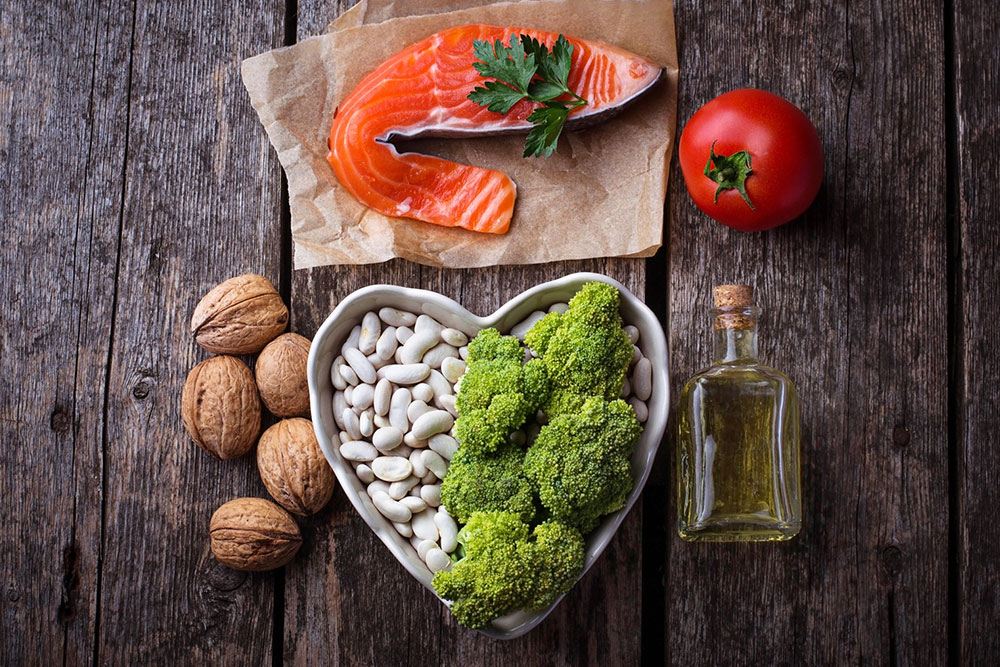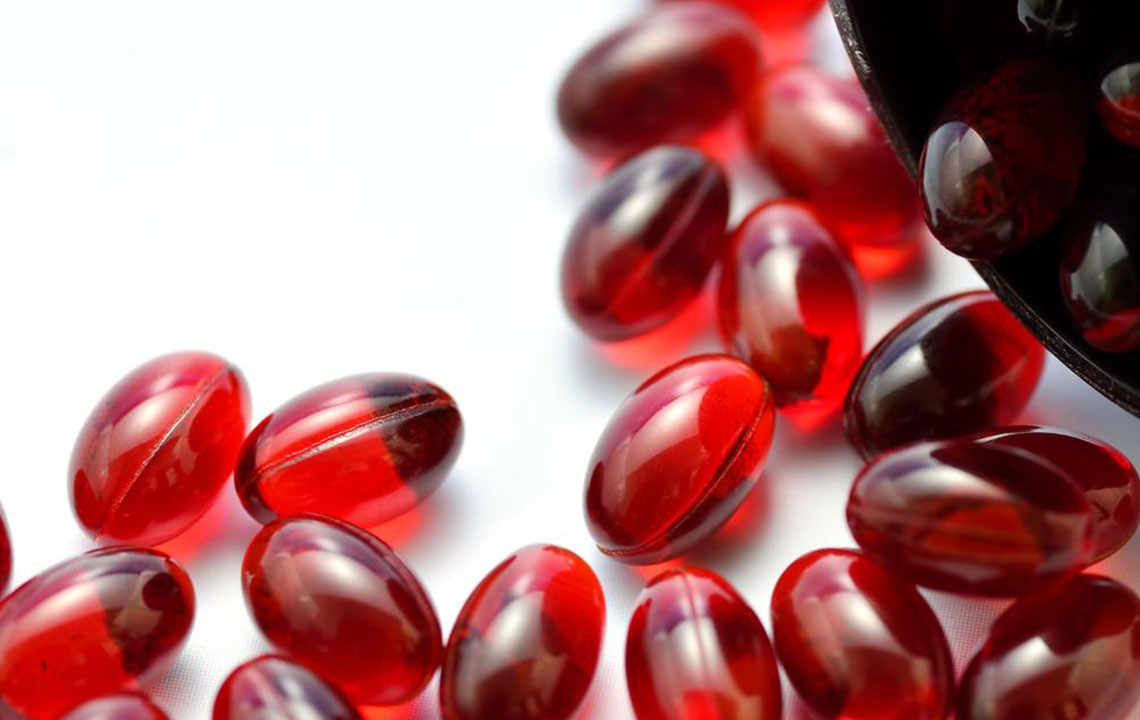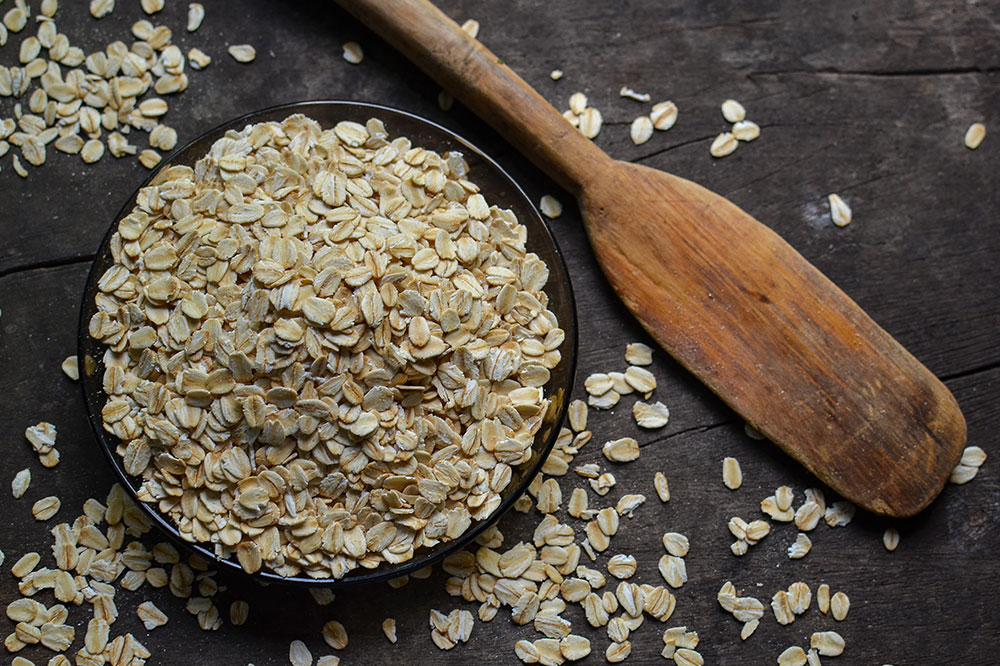Managing Crohn’s Disease: Dietary Tips and Foods to Include or Avoid
Discover essential dietary strategies for managing Crohn’s disease. Learn about beneficial probiotics, foods to include like eggs, oatmeal, and bananas, as well as foods to avoid such as fried foods, alcohol, and spicy dishes. Proper nutrition can support gut health, reduce inflammation, and help control flare-ups. Always seek medical guidance before making significant diet changes to ensure safety and effectiveness in managing Crohn’s symptoms.
Managing Crohn’s Disease: Dietary Tips and Foods to Include or Avoid
Using beneficial bacteria to combat harmful bacteria might seem surprising, but probiotics—live beneficial microorganisms—can support health, especially in conditions like Crohn’s disease. Crohn’s is a chronic inflammatory condition affecting the intestines, where the immune system mistakenly attacks gut bacteria, leading to a decline in good bacteria. Probiotics help restore this balance, improving digestion and immune function. Including probiotic-rich foods in your diet can ease symptoms and promote gut health, making them a valuable part of a Crohn’s management plan.
The microorganisms in our gut are vital for digestion and immunity. Maintaining a balanced gut flora is key for proper nutrient absorption. When disorders like Crohn’s or antibiotics disturb this balance, inflammation and poor digestion result. External sources of probiotics can replenish beneficial bacteria and support gut healing.
Probiotics and Crohn’s Disease In Crohn’s, symptom flare-ups alternate with remission phases. Though there is no cure, dietary adjustments, including probiotics, can help control symptoms. Probiotic foods supply live cultures that support digestion and intestinal health. Natural probiotics offer an advantage over dormant or dried bacterial supplements.
Do probiotics aid in Crohn’s treatment? They may help rebalance gut bacteria and reduce intestinal inflammation. While their role as a definitive treatment is still under study, incorporating probiotic foods can enhance digestion and bolster the immune system.
Food Recommendations for Crohn’s Patients Since Crohn’s impacts individuals differently, personalized diet plans are essential. Focus on easily digestible foods. Recommended options include:
Almond Milk - Ideal for those lactose intolerant, fortified with calcium.
Eggs - A protein source that's gentle on the stomach.
Oatmeal - Contains soluble fiber aiding water absorption and smooth digestion.
Pureed Vegetable Soups - Safe during flare-ups, preserving nutrients.
Seafood - Steamed or grilled options provide lean protein.
Bananas and Papayas - Easy to digest fruits with enzymes aiding protein breakdown.
Mashed Potatoes - A comforting, gentle food option.
Avocado - Nutrient-rich and easier to digest than other high-fiber foods.
Foods to Limit or Avoid
Alcohol and mixed drinks such as beer and wine
Butter, margarine, oils, mayonnaise
Caffeinated beverages, chocolate
Fried or greasy foods
Gassy foods and spicy dishes
Red meats
While probiotics can boost overall health, their direct effectiveness in treating Crohn’s symptoms varies. Always consult your doctor before adding probiotic foods to your diet, especially if you have a weakened immune system or food sensitivities.










